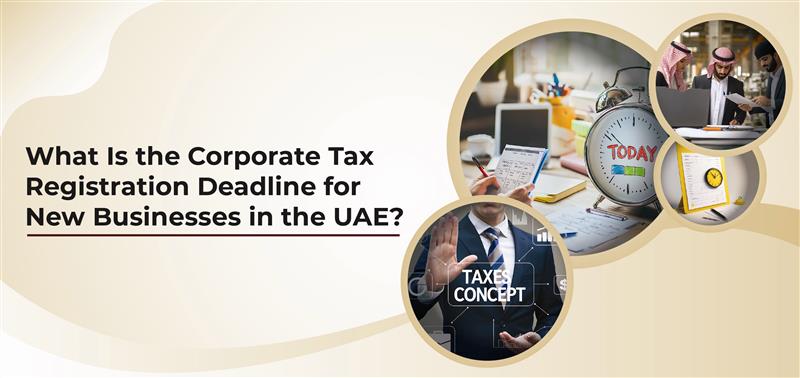
24 Jun 2025
The introduction of the UAE Corporate Tax regime, effective since 2023, has prompted many to reevaluate their financial structures, particularly family foundations. These entities, often established for wealth preservation and succession planning, now face questions regarding their tax obligations under the new laws. This article delves into the applicability of corporate tax to family foundations in the UAE, referencing the latest legal frameworks and guidelines.
Understanding Family Foundations in the UAE
A family foundation in the UAE is a legal entity set up to manage and protect family wealth, ensuring its smooth transition across generations. Governed by the UAE Foundations Law, these foundations serve purposes ranging from asset protection to philanthropic endeavors. Their structure allows for centralized management of assets, providing clarity and control over wealth distribution.
Corporate Tax Applicability to Family Foundations
With the enactment of the UAE Corporate Tax Law (Federal Decree-Law No. 47 of 2022), questions arose: Do family foundations pay tax in UAE? The answer depends on their structure and activities. While the law imposes a 9% corporate tax on business profits exceeding AED 375,000, its application to family foundations depends on specific conditions.
According to the UAE Ministry of Finance foundation guidelines, family foundations can be treated as "unincorporated partnerships" if they meet certain criteria. This classification allows the foundation itself to be tax-transparent, meaning the tax liability passes to the beneficiaries rather than the foundation. Such a setup can lead to a family foundation tax exemption in UAE, provided the foundation's activities align with the stipulated requirements.
Criteria for Tax Transparency
For a family foundation to achieve tax-transparent status, the following conditions must be met:
- Purpose: The foundation should be established for the benefit of identifiable individuals or public benefit entities.
- Activities: Its primary function should be managing assets and investments without engaging in commercial business activities.
- Distribution Timeline: Any income should be distributed to beneficiaries within six months from the end of the relevant tax period.
- Ownership: If the foundation owns other entities, those entities must also qualify as unincorporated partnerships.
Meeting these conditions can lead to a corporate tax exemption in UAE for the foundation, shifting the tax responsibility to the beneficiaries based on their individual tax obligations.
Implications for Family Foundations in Abu Dhabi
For those considering establishing a family foundation in Abu Dhabi, , it's essential to understand the local regulatory environment. Abu Dhabi offers a conducive framework for foundations, particularly through the ADGM but adherence to the UAE foundations law and tax regulations is paramount. Ensuring compliance can lead to significant tax benefits and a streamlined wealth management process. Non-compliance, however, risks standard tax rates, disrupting financial goals.
Navigating the Corporate Tax Landscape
The corporate tax applicability in UAE has introduced complexities for various entities, including family foundations. While the potential for tax exemption exists, it's contingent upon strict compliance with the outlined criteria. Foundations must be diligent in their operations, ensuring they don't inadvertently engage in taxable activities.
Moreover, the UAE Ministry of Finance foundation guidelines emphasize the importance of transparency and adherence to the law. Foundations that fail to meet the requirements may be subject to the standard corporate tax rates, which could impact their financial planning and objectives.
The answer to the question, "Do family foundations pay tax in UAE?" depends on careful alignment with tax-transparency criteria. While the framework allows for potential tax exemptions, achieving this status requires meticulous planning and compliance. Foundations must align their activities with the stipulated guidelines to benefit from the available tax reliefs.
How AMCA Can Assist
Navigating the intricacies of corporate tax laws and ensuring compliance can be a daunting task. At AMCA, we specialize in providing comprehensive solutions tailored to your needs. Our expertise in the UAE foundations law and corporate tax regulations ensures that your family foundation is structured optimally, maximizing benefits while maintaining compliance.
Contact us today to learn how we can support your foundation's journey towards tax efficiency and robust wealth management.
Read More: Top 5 Signs Your Business Needs a Bookkeeping Audit
Read More: Top 8 Audit Firms in Dubai
Read More: Bookkeeping Tips for Startups to Maintain Positive Cash Flow
Read More: The Essential DIFC List of Auditors: Ensuring Financial Transparency and Compliance



